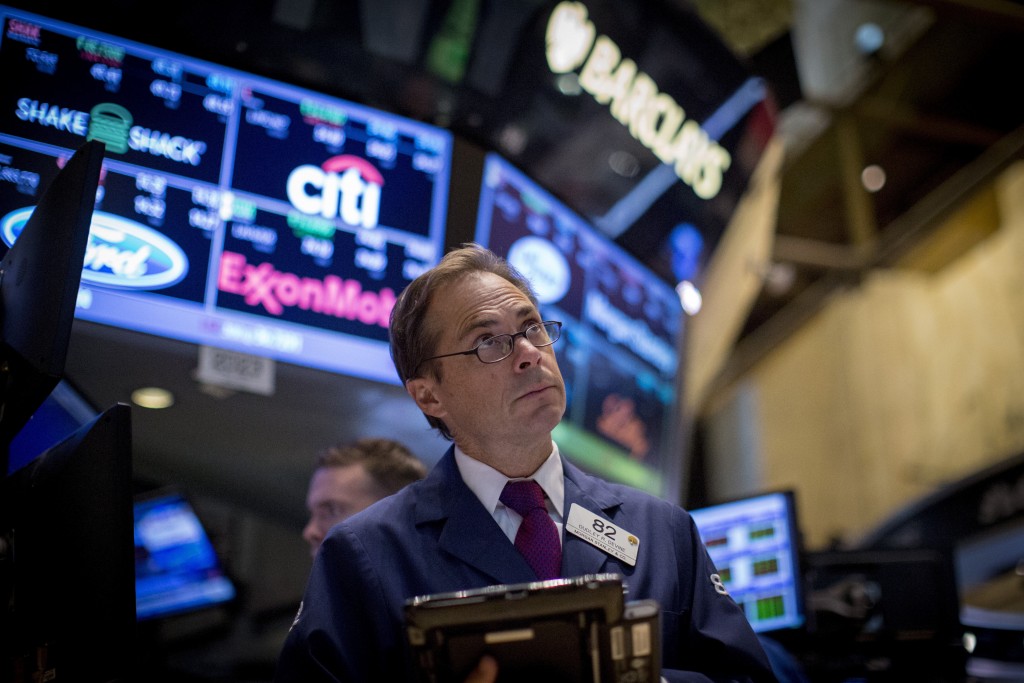5 Reasons Some Companies Don’t Pay Cash Dividends To Their Shareholders
As an investor, your goal in capitalizing on a trusted corporation is either to earn income from your dividends or to receive an amount of capital gains that exceed your investment. The corporation that you may have chosen has previously presented impressive performance and has been regularly paying dividends to its shareholders.
Despite the positive operation of the corporation, a time will come that it will suddenly take a break in distributing dividends. But there is nothing to worry about because it does not automatically indicate bankruptcy as there are explanations behind this occurrence. Dividend policies have a great impact on the management’s decision regarding the payment of dividends. Investors should remember these general considerations influencing dividend market strategies:
1. Legal Limitations
Although there is no specific law that obligates firms to disseminate dividends to its shareholders, circumstances must be met concerning the dividends allocation system as imposed by law. Firms’ decisions regarding dividends are affected by these statutory restrictions:
- Insolvency rule
If the company’s total liability has surpassed its total assets, then it signifies incapacity to pay dividends from the fact that it reflects financial insolvency.
- Net Profit rule
Companies are allowed to distribute dividends if it earns a net profit. On the other hand, if companies incurred losses, shareholders have to wait for the companies to recover from their losses in order to receive their dividends.
- Dividend surpasses profit
Companies may not distribute payments if their dividend is greater than retained earnings. If the amount of dividend exceeds its profit, it only indicates that the company is paying out too much of its dividends but does not earn or retain profit to power its growth.
- Capital Impairment rule
The creditors’ rights must also be protected. Therefore, companies are forbidden to pay out dividends if it is taken from its capital invested in the firm. Aside from the limitations provided by law, certain restrictions are urged by investors to the companies in order to take precautions such as requiring them to preserve a certain amount of working capital and to declare dividends subsequent in repaying debts.
2. Firm’s liquidity position
There is a misconception that a firm’s outstanding amount of profits implies its sufficiency in disbursing cash dividends to shareholders. We have to take note that cash adequacy is unconnected to retained earnings. Firms can earn profits well but can also be lacking with cash from the fact that it might be prioritizing the settlement of its debts or recapitalized its cash in the company. Dividends may not be paid if not held in cash that is why dividend payout is influenced by the company’s liquidity position.
3. Certainty of earnings
If companies have volatile earnings, they cannot depend on internally generated funds in order to support their financial stability. This occurrence will definitely affect the administration’s decision on whether to focus on satisfying the necessities of the company or paying dividends.
4. Deficiency in alternative financial sources
Small-scale companies tend to have a lower dividend payout ratio due to their inability to get access to capital markets. These companies that are still starting out prefer saving their generated profit as an investment rather than paying dividends.
5. Tax in dividend income
Shareholders have a personal preference when it comes to receiving cash dividends due to the tax bracket. The tax to be incurred in receiving capital gains is much more inexpensive than in dividend income. Therefore, shareholders who have a high personal tax bracket would rather have capital gains. In addition to that, the higher cash dividend is subject to a higher tax to be paid which also affects shareholders’ decisions.
These are just the common factors that greatly affect the management in settling decisions concerning the distribution of dividends. As you devote yourself further to exploring your chosen corporation, you can also uncover the other details about its dividend policy.

